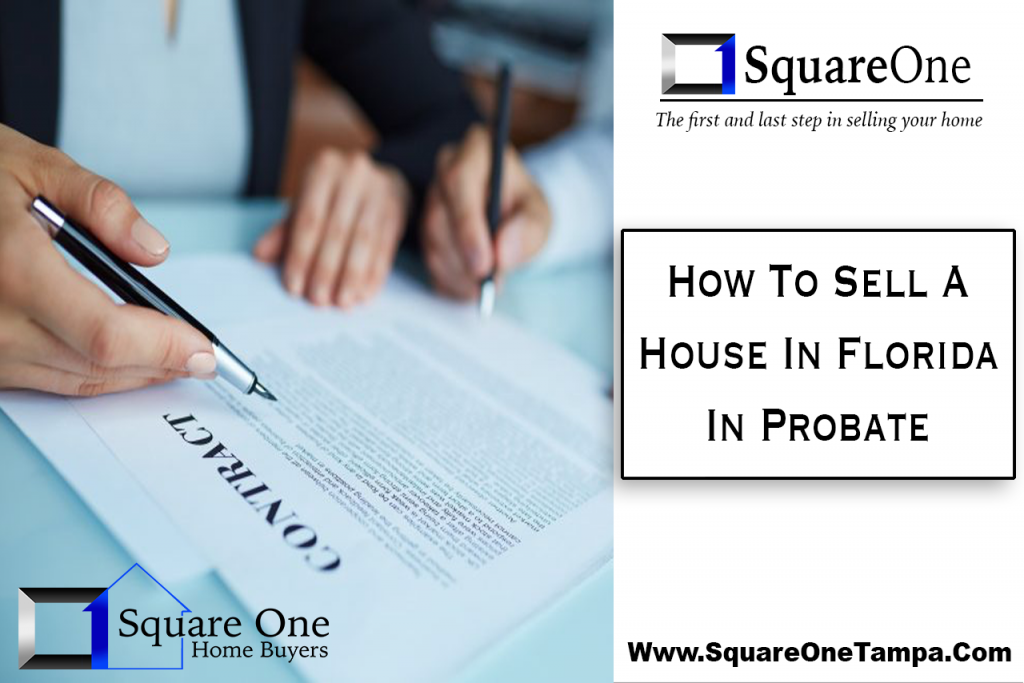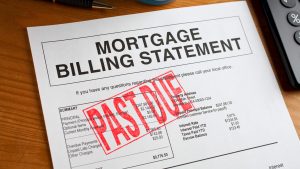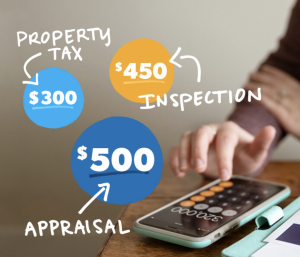How to Sell a House in Probate in Florida
Losing a loved one is never easy. It becomes increasingly more difficult if you have been named the person who will execute their will. If you are not familiar with the process of selling a house in probate, we got your back. In this article we will discuss what probate it, the steps and timeline, and how to sell your house.

Table of Contents
What Is A Probate?
Probate is the legal process through which a deceased person’s estate is distributed to their heirs or designated beneficiaries, and any debt owed to creditors is paid off. To avoid any conflict or legal action the estate needs to be executed according to the will of the decreased. For an asset to be transferred from the decreased to the person they chose, the will must go through the probate process.
The process will not only ensure the estate is distributed according to the deceased, but it will also ensure that all debts and taxes are settled before the estate is transferred.
There are many questions associated with selling during probate, feel free to contact us if you have any further questions.
Probate Steps Before Selling
The individual in possession of the will must file the document with the clerk of the Florida circuit court in the county where the deceased lived.
A petition for formal administration is a request that the circuit court probate the will. Any interested person who is reasonably affected by the outcome of the probate proceedings may file the petition.
A personal representative is the person who will be in charge of gathering, controlling and distributing the decedent’s assets, paying debts, identifying beneficiaries, and reporting to the court throughout the probate proceedings. The personal rep. is typically nominated in the will of the deceased.
Once the administration has been started and the personal rep. chosen, the will now must be proven to be valid. Often times, a will is self proving. This means that it abides by Florida law and the testator and witnesses signed a notarized affidavit confirming the validity of their signatures on the will.
If affidavits were not completed at the time of the will signing, one of the witnesses can sign an oath stating that the testator’s signature and the witness’s signature on the will are authentic.
Once the will has been validated, the personal representative must notify all beneficiaries to the estate about the ongoing probate proceeding. All creditors must also be notified. Creditors may file claims with the probate court. The Florida estate administrator can pay the claims or dispute them.
Assets that were in the decedent’s estate can now be sold and liquidated. This includes things like houses, cars, and gold coins. All of the money garnered from these sales must be placed into the estate account to be dispersed to the heirs.
This accounting will go over all of the estate assets, any distributions/sales made along with any probate costs to be paid.
All of the decedent’s assets are distributed according to the decedent’s will. The beneficiaries must construct a plan for how the assets will be distributed.
The personal representative is discharged and relieved of his/her estate duties. The probate proceeding is concluded and is now complete.
Selling A House In Probate
Get Permission From The Court
In order to sell a house owned by the dependent, the court myst be notified and grand you permission. After permission has been given you can decide whether to hold an auction or sell it on the open market. If you choose to sell it on the market, you can list it with a realtor or sell it to a local investor, such as us.
Get The Property Appraised
An appraisal is a formal assessment to give you the cash value of your property in its current condition. There are many local appraisers which can be found here.
Sell The Property
The moment we’ve been waiting for. It is time to sell the property. There are many different ways to go about this, the first way is to list it with a real estate agent. This will require you to sign an agreement with a realtor for them to market the property on public websites. In this agreement you usually give 5% to the selling agent, who splits it with the buying agent. The process takes anywhere from 30-90 days after you enter a contract with a buyer. This is due to financing contingencies, appraisals, and inspections. When listing publicly the home should be in tip top shape, otherwise it will drastically lose value, or you may be required to make upgrades/repairs on the buyers request.
The second option would be to sell the property to an investor. If the home is not in great shape it may be smart to sell the property as is. This option will not require any repairs, and can give you cash within 7 days in some cases. If you feel this option is for you, feel free to fill out our form to see what we would give you for your property!
Offer Approval
Once you have a buyer lined up the offer must be approved by the court. You will have to petition the court to approve the offer, this can take 3-5 weeks depending on how busy the local court is.
Advertise The Property
It is required to inform the publics of the property sale and command the highest value. This can be done by putting an ad in the local newspaper. Once the ad is placed you can wait to see what offers you may receive for the property. If the highest offer is placed and approved by the court, the original buyer will be given a refund for their deposit.
Finalize The Sale
Once all of these steps have been completed, all that’s left is to close on the property. This can take from 30-120 days depending on the documents required to complete the sale. These documents include death certificates and mortgage satisfactions. Once the property has been sold and closed on, the proceeds will be transferred to the estate account.
Get Your Cash Offer Today
Contact Us Today To Get An Instant Cash Offer On Your Home







